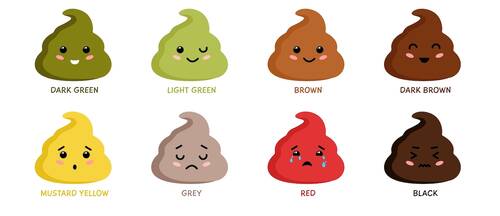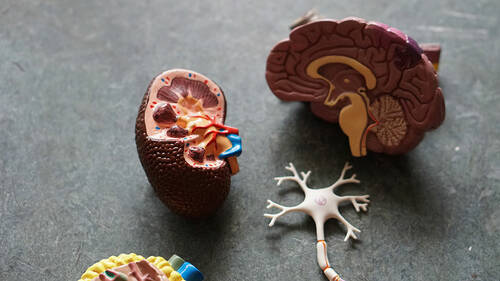1. Sugary Snacks and Sodas:
High-sugar foods and sugary beverages can contribute to weight gain and exacerbate mood swings, which are common during menopause. They can also impact blood sugar levels and increase the risk of hot flashes and night sweats.
2. Caffeine:
Caffeine can disrupt sleep patterns and lead to increased anxiety and irritability, which can already be heightened during menopause. It's wise to limit caffeine intake from coffee, tea, and energy drinks, especially in the hours leading up to bedtime.
3. Spicy Foods:
Spicy foods, including hot peppers and certain spices, can trigger or worsen hot flashes and night sweats in some women. If you're prone to these symptoms, consider reducing your intake of spicy foods.
4. Processed Foods:
Processed foods often contain unhealthy trans fats, excessive sodium, and additives that can disrupt hormonal balance and exacerbate mood swings. Opt for whole, minimally processed foods instead.
5. Fatty Red Meat:
Fatty cuts of red meat can be high in saturated fats, which can contribute to weight gain and increase the risk of heart disease. Menopausal women may be more prone to these health concerns, so it's advisable to choose lean protein sources like poultry, fish, and plant-based options.
While avoiding these foods can help alleviate some menopause-related symptoms, it's equally essential to incorporate foods that support hormonal balance and overall health during this stage. A balanced diet rich in fruits, vegetables, whole grains, and sources of lean protein can provide essential nutrients and promote well-being during menopause. Additionally, staying hydrated and maintaining a regular exercise routine can further support a smoother transition through this life stage. Always consult with a healthcare provider or a registered dietitian for personalized dietary recommendations tailored to your specific needs and symptoms during menopause.












